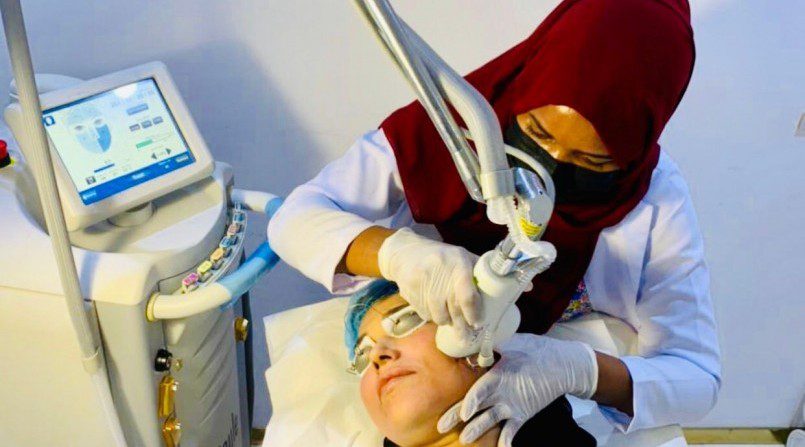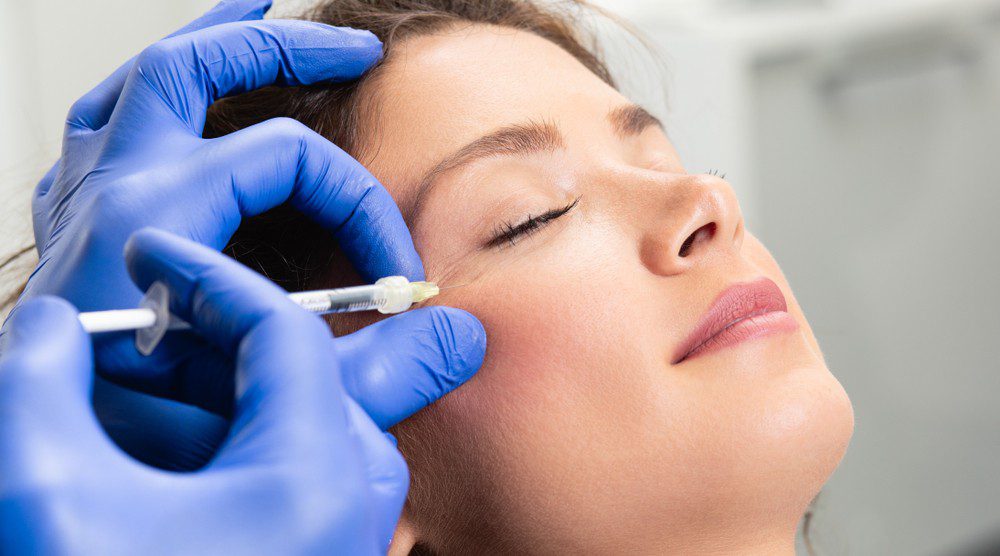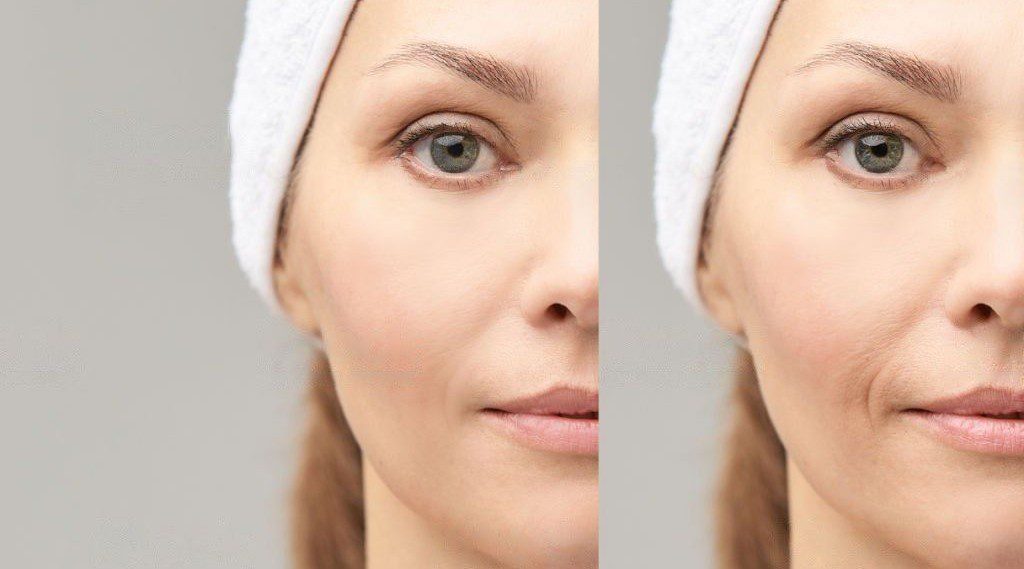Liver Health: Fundamental Functions, Lifestyle Tips, and IV Therapy

Fundamental Functions of Healthy Liver:
The liver is a vital organ with numerous functions essential for maintaining overall health and well-being. Some of the key functions of the liver health include:
- Detoxification: The liver plays a crucial role in detoxifying harmful substances from the body. It processes and eliminates toxins, drugs, alcohol, metabolic waste products, and other potentially harmful chemicals.
- Metabolism: The liver is involved in various metabolic processes. It helps break down carbohydrates, fats, and proteins from the food we consume into usable forms for energy production and storage. It also regulates blood sugar levels by storing excess glucose as glycogen and releasing it when needed.
- Bile Production: The liver produces bile, a substance that aids in the digestion and absorption of dietary fats. Bile is stored in the gallbladder and released into the small intestine when needed.
- Nutrient Storage: The liver acts as a storage site for several essential nutrients. It stores vitamins (such as vitamins A, D, E, and K) and minerals (including iron and copper) for later use by the body.
- Protein Synthesis: The liver synthesizes various proteins, including albumin (important for maintaining blood volume and transporting substances), clotting factors (required for proper blood clotting), and complement proteins (part of the immune system).
- Blood Detoxification: The liver filters and detoxifies the blood by removing harmful substances, including toxins, metabolic byproducts, and old or damaged red blood cells.
- Hormone Regulation: The liver contributes to hormone regulation by metabolizing and eliminating hormones from the bloodstream. It helps maintain hormonal balance and eliminates excess hormones to prevent their accumulation.
- Immune Function: The liver plays a vital role in the immune system. It helps remove bacteria, viruses, and other pathogens from the bloodstream and produces immune factors to defend against infections.
- Storage of Blood: The liver can store a certain amount of blood, acting as a reservoir that can be released into circulation when needed, such as during times of blood loss or increased demand.
- Production of Biochemicals: The liver produces various biochemicals essential for digestion, including bile salts, which aid in fat digestion, and cholesterol, which is used to produce hormones and cell membranes.
These functions highlight the critical role the liver plays in maintaining overall health and supporting numerous bodily processes
Tips To have Healthy Liver:
So, having a healthy liver is essential for overall well-being and optimal functioning of the body. Here are some tips to maintain a healthy liver:
- Balanced Diet: Eat a nutritious diet that includes a variety of fruits, vegetables, whole grains, lean proteins, and healthy fats. Limit your intake of processed foods, saturated fats, refined sugars, and excessive salt.
- Stay Hydrated: Drink an adequate amount of water throughout the day to support proper liver function and help flush out toxins from your body.
- Alcohol Consumption: Excessive alcohol consumption can lead to liver damage and various liver diseases. It is important to avoid drinking alcohol in order to keep your liver and other organs healthy
- Maintain a Healthy Weight: Obesity and being overweight increase the risk of fatty liver disease and other liver-related conditions. Maintain a healthy weight through a balanced diet and regular physical activity.
- Exercise Regularly: Engage in regular physical activity to promote overall health and improve liver function. Exercise helps in weight management, reduces insulin resistance, and improves liver metabolism.
- Avoid Smoking: Smoking can contribute to liver damage and increase the risk of liver cancer. Quitting smoking or avoiding it altogether is beneficial for liver health.
- Practice Safe Sex and Avoid Sharing Needles: Viral infections such as hepatitis B and C can cause liver damage. Practice safe sex by using condoms and avoid sharing needles or other drug paraphernalia.
- Be Cautious with Medications and Supplements: Some medications and supplements can have adverse effects on the liver. Follow the recommended dosage, and consult your doctor or pharmacist if you have any concerns.
- Vaccinations: Ensure you are up to date on vaccinations for hepatitis A and B, as these viruses can cause liver inflammation and damage.
- Regular Check-ups: Visit your healthcare provider for regular check-ups and screenings to monitor your liver health. Early detection and treatment of liver conditions can prevent further damage.
Remember, if you experience any persistent symptoms like yellowing of the skin or eyes (jaundice), abdominal pain, unexplained weight loss, chronic fatigue, or changes in urine or stool color, it is important to consult a healthcare professional for an evaluation. They can provide proper diagnosis and guidance based on your individual health needs.
IV Nutrients that help keep the liver healthy:
Intravenous (IV) nutrient therapy can provide targeted support to promote liver health. Here are some nutrients commonly used in IV therapy that can help keep the liver healthy:
- Glutathione: Glutathione is a powerful antioxidant that plays a crucial role in liver detoxification. It helps neutralize free radicals and supports the liver's ability to eliminate toxins. IV glutathione can help improve liver function and protect it from damage.
- B Vitamins: B vitamins, including B1 (thiamine), B2 (riboflavin), B3 (niacin), B5 (pantothenic acid), B6 (pyridoxine), B9 (folate), and B12 (cobalamin), are essential for proper liver function. They aid in energy metabolism, support liver detoxification processes, and promote healthy liver cells. IV therapy with a complex of B vitamins can provide optimal absorption and utilization.
- Vitamin C: Vitamin C is a potent antioxidant that helps protect liver cells from oxidative stress and inflammation. It also plays a vital role in collagen synthesis, which is essential for liver tissue repair. IV vitamin C can boost antioxidant activity and support liver health.
- Alpha-Lipoic Acid (ALA): Alpha-lipoic acid is a powerful antioxidant that supports liver detoxification and helps regenerate other antioxidants, such as glutathione and vitamins C and E. IV ALA can help reduce liver inflammation and improve liver function.
- Selenium: Selenium is a trace mineral that works as an antioxidant and supports liver health. It plays a role in the production of enzymes that assist in detoxification processes. IV selenium can help protect the liver from oxidative damage and promote its overall health.
- Milk Thistle Extract: Milk thistle (silymarin) is a natural herb that has been used for centuries to support liver health. It has antioxidant and anti-inflammatory properties and helps protect liver cells from damage. IV milk thistle extract can provide concentrated doses of its beneficial compounds for liver support.
- N-acetylcysteine (NAC): NAC is a precursor to glutathione, which is essential for liver detoxification. It helps replenish glutathione levels and supports the liver's ability to eliminate toxins. IV NAC can promote liver health and protect against oxidative stress.
It is important to note that IV nutrient therapy should be administered by a qualified healthcare professional who can assess your specific needs and tailor the treatment accordingly such as at SKIN111 Health Call clinic in Dubai. They will consider your medical history, current liver health, and any underlying conditions to determine the most appropriate nutrients and dosages for your situation.
Most Popular:
-

Sciton HALO vs Sciton BBL
Read More »September 20, 2022 -

What is profhilo, and how is it different from fillers?
Read More »September 20, 2022 -

Body contour solutions from SKIN111
Read More »September 20, 2022 -

Does IV GLUTATHIONE therapy work
Read More »September 20, 2022 -

How can an IV drip help you boost your energy
Read More »September 20, 2022